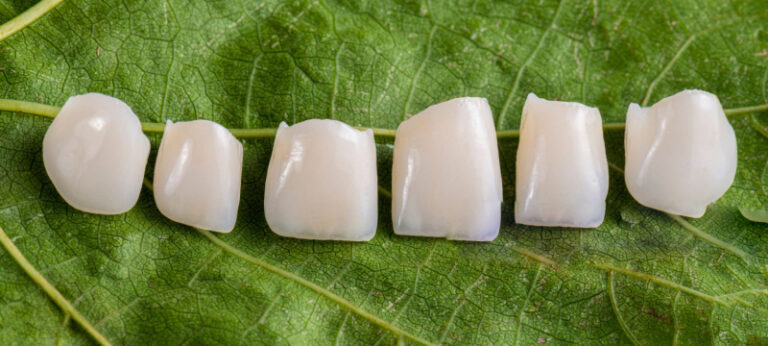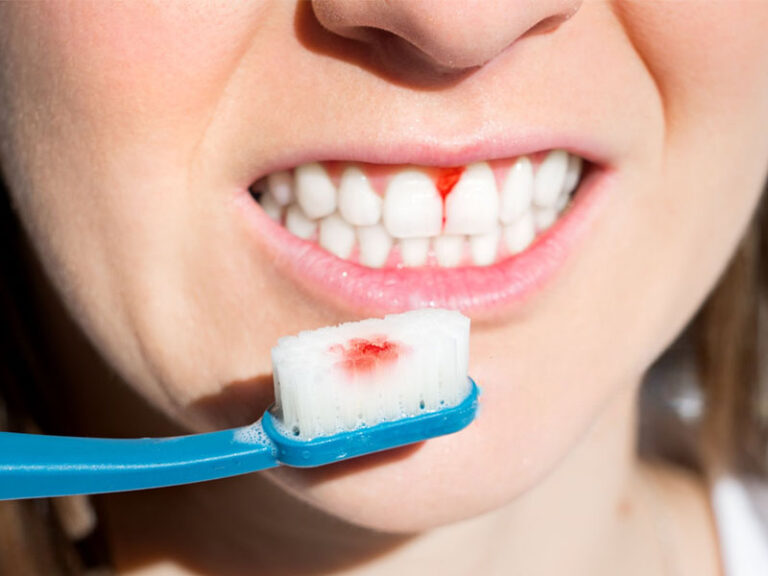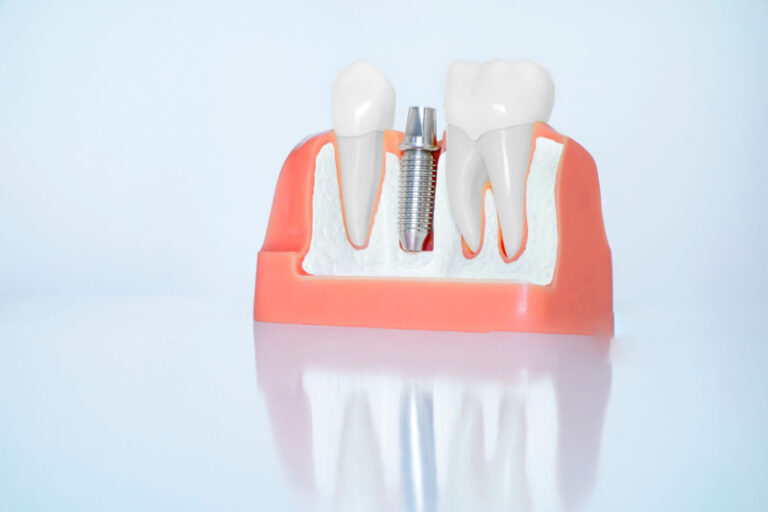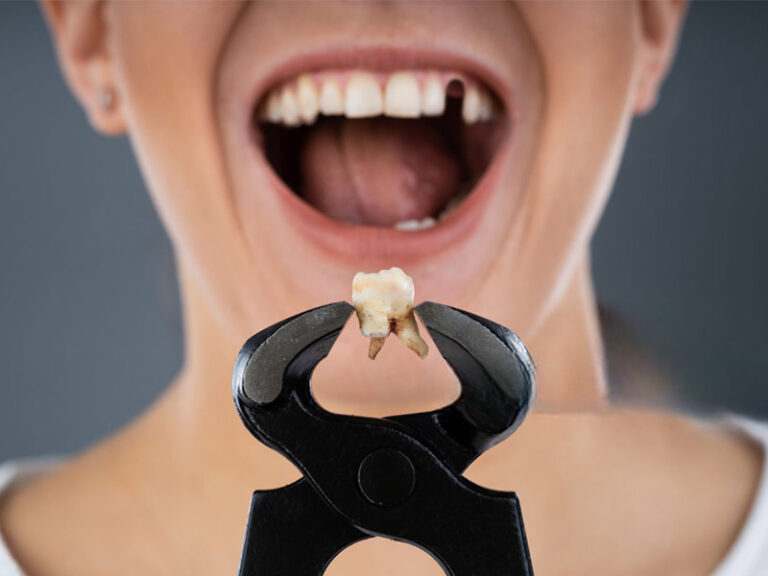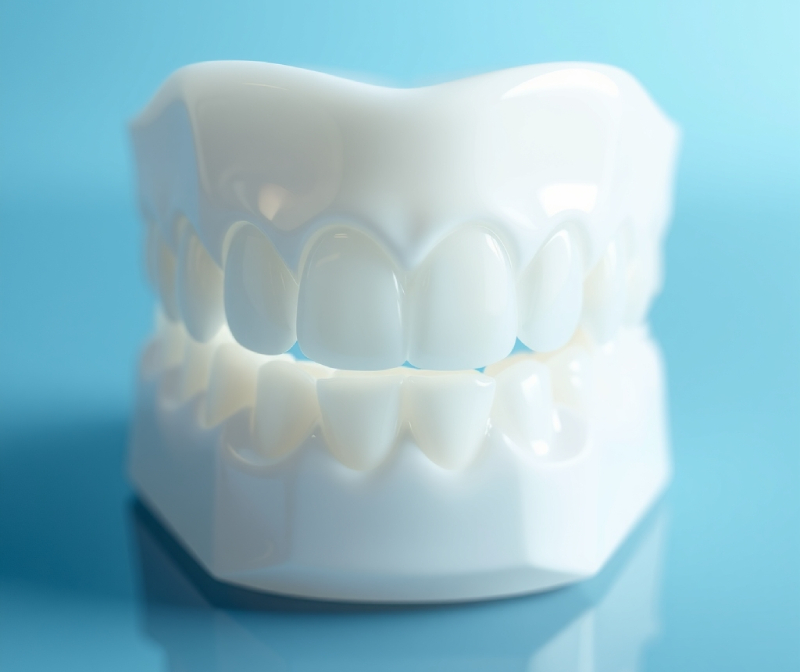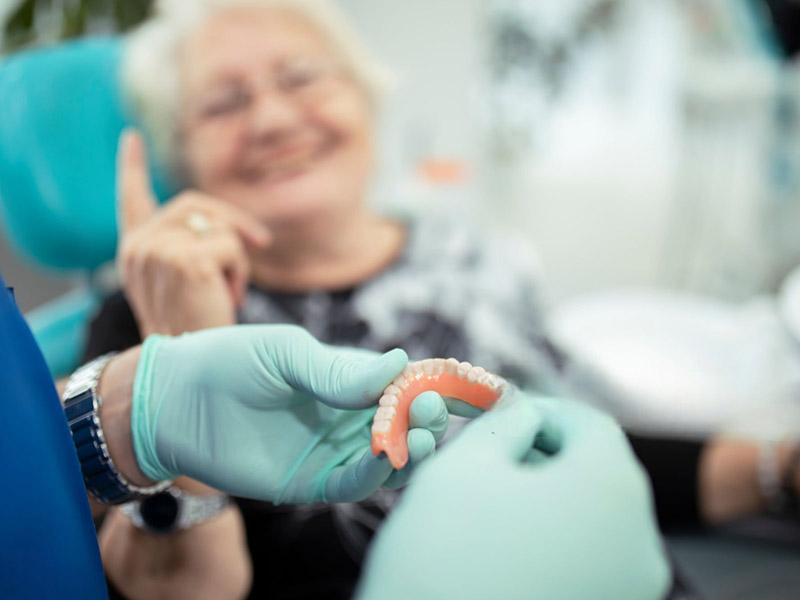
Adjusting to New Dentures: A Step-by-Step Guide for Comfort & Confidence
If you’re anything like I was, getting your first set of dentures feels like landing on a whole new world. Everything in your mouth changes overnight—how you eat, talk, even how you smile at yourself in the mirror. But don’t worry. I’m here to help you through every step, sharing what worked for me, what didn’t, and all the little tricks I picked up along the way.
Table of Contents
Introduction: My First Days with Dentures
I’ll never forget the day my dentist gave me my new dentures. Suddenly, all my dental problems were gone, but in their place was this strange, plastic feeling. I remember thinking, “Will I ever feel normal again?” Let me tell you right now—YES. With some patience, practice, and a few little tricks, things got better much faster than I thought. In fact, I learned to love my new smile, and you can too.
Let me walk you through what I learned, step by step.
The First Week: Early Struggles and Surprises
First Impressions and That Full-Mouth Feeling
When I first put in my dentures, my mouth felt stuffed. My tongue didn’t know where to go. I noticed two things right away. First, my mouth made too much spit—like my body was trying to get rid of something weird. Second, I had to fight the urge to gag, especially with the top denture.
Here’s what helped me get through those first rough days:
- Handling Extra Spit: I kept a glass of water close and swallowed more often. After a couple of days, my mouth got used to the dentures and the drooling stopped.
- Fighting the Gag Reflex: Slow breathing and relaxing my neck and jaw muscles really helped. If you keep your dentures in—even when it feels weird—your mouth gets used to them faster.
That “full” feeling faded by the end of the first week. My mouth learned the dentures were there for good.
Eating with Dentures: The Soft Start
Eating felt really strange at first. The best tip I got was to stick to soft foods for a bit. I ate a lot of yogurt, scrambled eggs, mashed potatoes, and soft fish. Don’t even think about biting into an apple—at least not yet.
My eating tips:
- Take small bites. If I put too much food in, it just made things harder.
- Chew slowly and use both sides of my mouth. This kept the dentures from rocking.
- Stay away from sticky foods or anything that takes a lot of pulling or biting.
- Cut everything into small pieces.
Honestly, I missed crunchy toast at first, but soon enough most foods were back on my plate.
Talking with Dentures: Finding My Words Again
The first time I tried to talk, I sounded weird. My “S” and “F” sounds were tough, and sometimes I’d even get a little whistle or lisp.
I learned not to stress out. Here’s what made things easier:
- Practice, practice, practice: I read out loud—even if it was just to myself. The more I did it, the easier it got. Sometimes I’d repeat tricky words just for fun, and I’d even laugh at myself, which made it better.
- Support from family: My loved ones were my best test subjects. Talking and joking with them made me feel better fast.
- Taking it slow: Trying to talk fast just made things come out garbled. Speaking slowly gave me time to get used to the dentures.
After a week or so, I sounded like me again.
Handling Soreness and Discomfort
I won’t lie—there were some sore spots. My gums and cheeks got sore in places where the denture rubbed. It happens to pretty much everyone.
I learned to:
- Look for sore spots by checking for red or tender areas.
- Use dental wax for quick relief on sore parts (just put a little on the rough spot).
- Never try to fix the dentures myself. Any roughness or pain meant it was time for the dentist. My first adjustment appointment made most of the pain go away.
Quick fixes work for a day, but nothing is better than a real adjustment.
Weeks Two to Four: Getting Comfortable and Making a Routine
Expanding My Diet
By my second week, I felt ready to try slightly tougher foods—like soft chicken, cooked veggies, and stews. Every new food was a test. Through some trial and error, I figured out what I could eat.
What I did:
- Bite with my side teeth, not the front ones.
- Chew slowly; I got faster as I felt more sure.
- Test out a bit of denture glue. It kept my lower denture from sliding when I started eating harder foods.
I skipped nuts, popcorn, and sticky candy—at least until I was good and ready.
Talking Gets Easier
Every day of talking and eating made things better. My mouth felt less weird, and my talking kept improving. Sometimes I’d try out tongue-twisters just for the fun of it. It helped me get faster and clearer.
Funny thing is, my tongue fell into its old groove again, only now it worked around the dentures.
Cleaning, Storage, and Getting into Good Habits
I found out fast that taking care of my dentures and my mouth was a must if I wanted to stay out of trouble.
Here’s what I did every day:
- After every meal, I rinsed my dentures and mouth.
- Morning and night, I brushed the dentures with a special brush. I used a cleaner made for dentures—not regular toothpaste (that stuff can scratch).
- My gums, tongue, and the roof of my mouth got a gentle brush too.
- Before going to bed, I took the dentures out and put them in a cleaning bath with a special solution.
Trust me: Clean dentures feel better, last longer, and keep your breath fresh.
Checking the Fit and Watching for Changes
By week three, I noticed my lower dentures felt a bit loose. My dentist told me this was normal. After you lose your teeth, your gums and bones shrink as they heal.
I kept in touch with my dental office. They checked for sore spots, made little adjustments, and made me feel a lot better. Most people need a reline (a quick fix) a few months in, as your gums settle down.
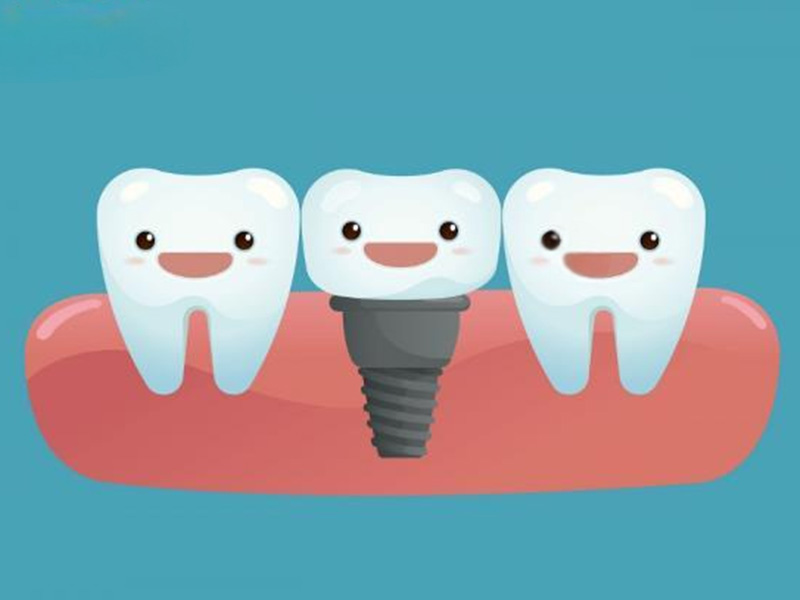
Months One to Three and Beyond: Settling In
Getting the Hang of Chewing and Eating Out
After about a month, I started to forget my dentures were even there—especially when eating. Chewing steak or biting into pizza still took some practice, but eating became fun again.
Tips that worked for me:
- Chew with both sides of your mouth.
- Don’t rush—take your time.
- If something looked too tough (chewy meat, crusty bread), I cut it up first.
The first time I ate out in public, I was nervous. But once I realized no one could tell but me, I relaxed and even ordered something new.
Talking with Confidence
At parties or on the phone, my worries about talking were gone after two months. Confidence builds over time—the more I talked, the more normal it felt. Pretty soon, it was no big deal.
Keeping Up Dental Care and Making Fixes
Dentures aren’t a “put them in and forget about it” deal. I went to my dentist often:
- Check-ups every six months.
- Professional cleanings and sometimes a reline if my dentures felt loose or wobbly.
- Always spoke up if I had pain, sores, or weird smells—the sooner, the better.
When Things Feel Off
Every now and then, I’d have a problem: a sore spot that wouldn’t quit, a denture that started moving around, or a new clicking noise when I bit down. Instead of just living with it, I called my dentist. Sometimes I needed a reline; a couple friends of mine even went for implant dentures for more hold.
If you’re frustrated because things aren’t perfect, remember—there’s always a fix. You don’t have to just put up with it.
Troubleshooting: Common Problems I Faced and Fixed
Gag Reflex
If you gag every time you put in your dentures, you’re not the only one. For me, it got better as my mouth got used to them, but slow breathing and relaxing helped a lot. If it keeps happening, ask your dentist to check the fit—sometimes a tiny change fixes it.
Dry Mouth
Some days, my mouth felt super dry, especially if I’d talked a lot or had too much coffee. Sipping water, sucking on sugar-free candies, and using a special mouth spray helped. Don’t ignore a dry mouth—it can give you sore spots and infection.
Clicking and Slipping
Loose dentures can make noises or slip, especially if you’re laughing or biting something chewy. In the beginning, I used a little more denture glue until things got easier. If the problem stuck around, I went to my dentist to get them fixed. Over time, my mouth muscles got stronger and held them in place.
Fighting Bad Breath
One time, someone hinted my breath wasn’t so great. Keeping the dentures clean, taking them out at night, and brushing my tongue did the trick. Soaking the dentures overnight in cleaner helped too.
Mouth Sores and Infections
Now and then, I got a sore spot or a little white patch in my mouth after a long day. Taking the dentures out at night, cleaning them every day, and having a dentist look at any spots stopped the problems before they got worse. If pain sticks around, don’t wait—get it checked.
Wrapping Up: My Tips for Living Well with Dentures
Looking back, I’ll admit the first weeks took all my patience. But now, I barely remember life without dentures. Here’s what I wish someone had told me at the start:
- Be kind to yourself and take your time.
- Don’t be afraid to ask for help—your dental team is ready to help.
- Keep practicing, whether you’re eating, talking, or smiling.
- Stay clean—it makes all the difference.
- Don’t ignore pain or problems—fix them fast.
Getting used to dentures isn’t a straight road, but it’s one you can walk. You’ll get there—one meal, one talk, and one smile at a time. If I did it, so can you.
And that’s the real secret to getting used to new dentures.

